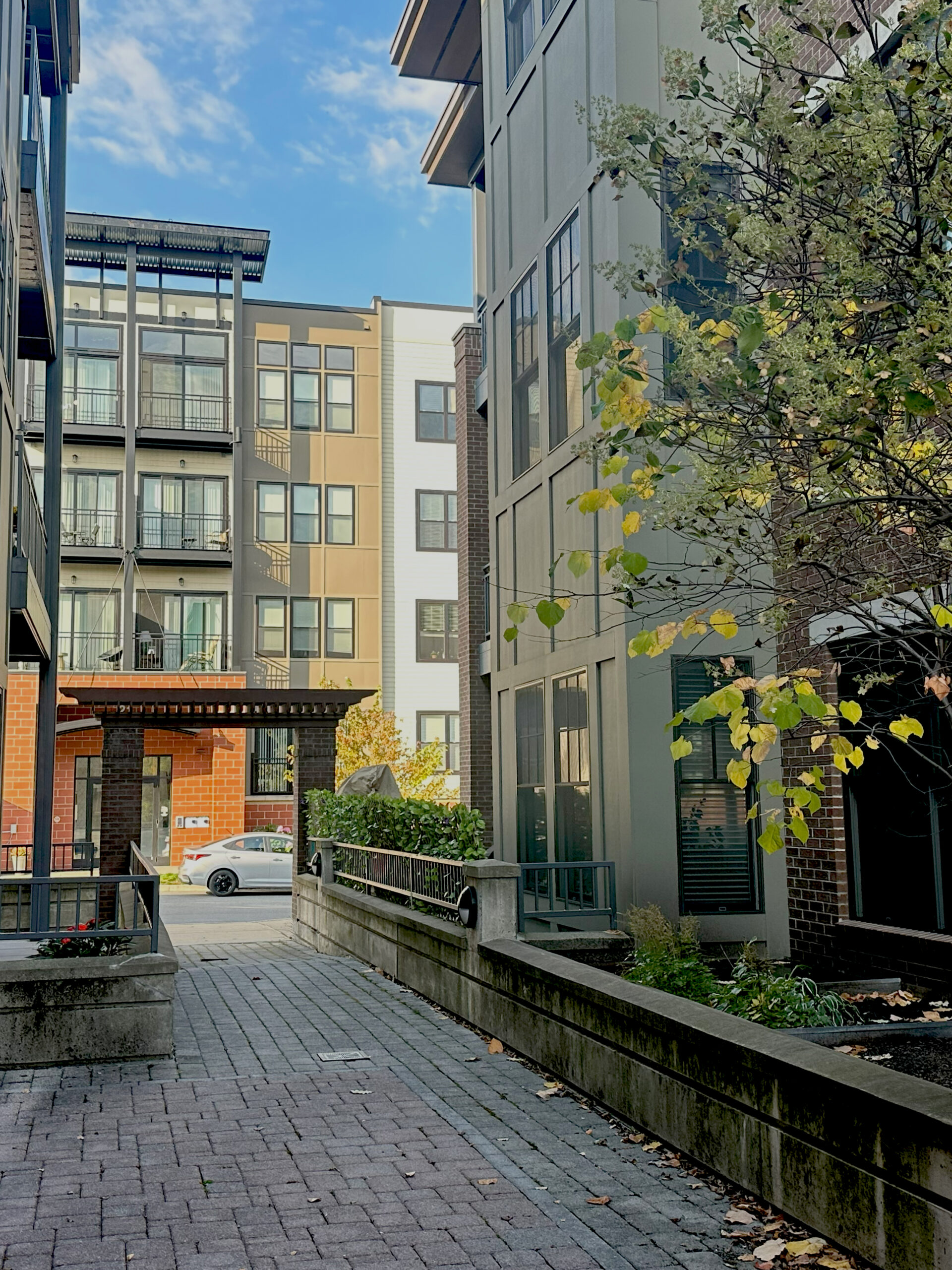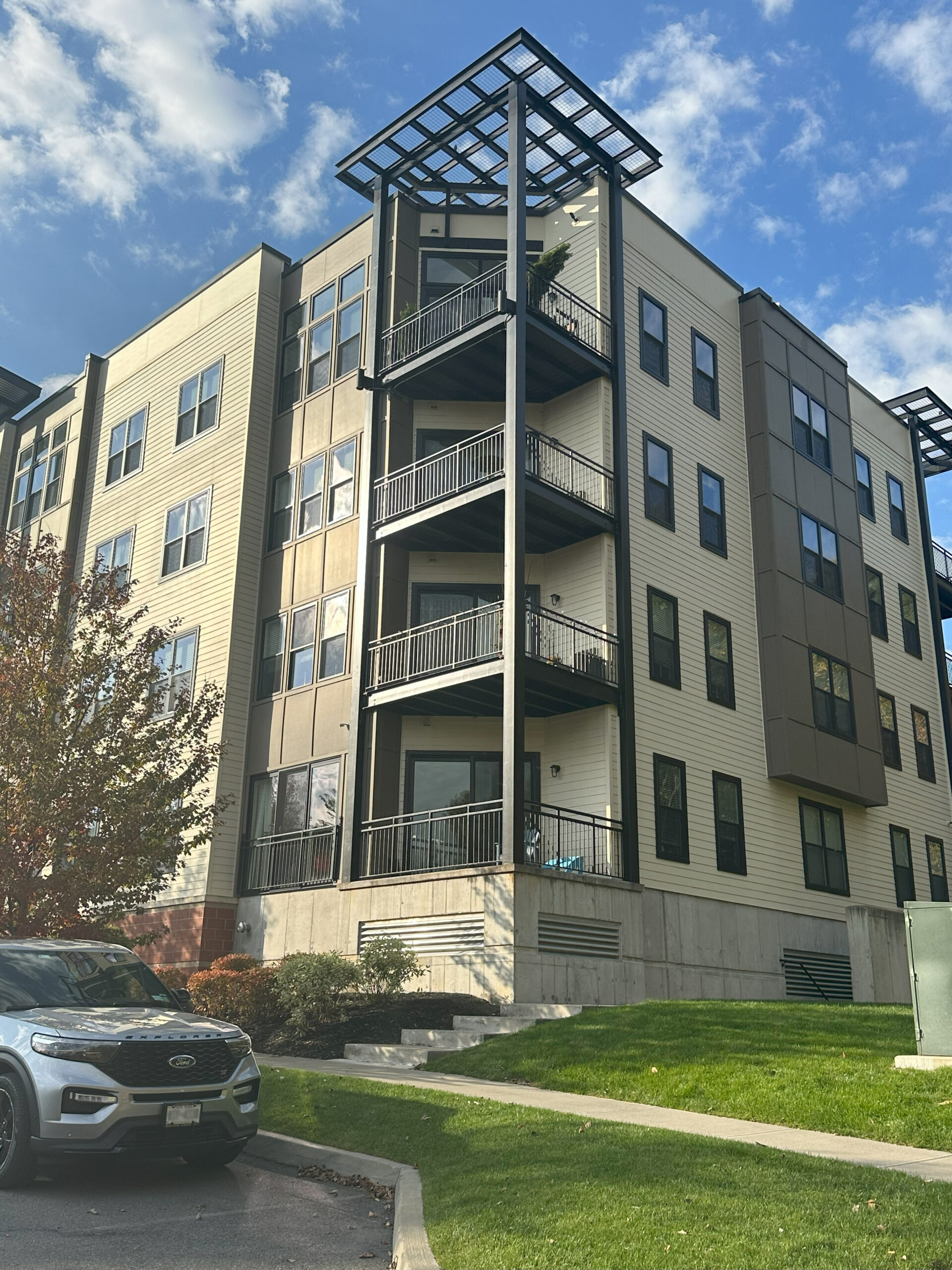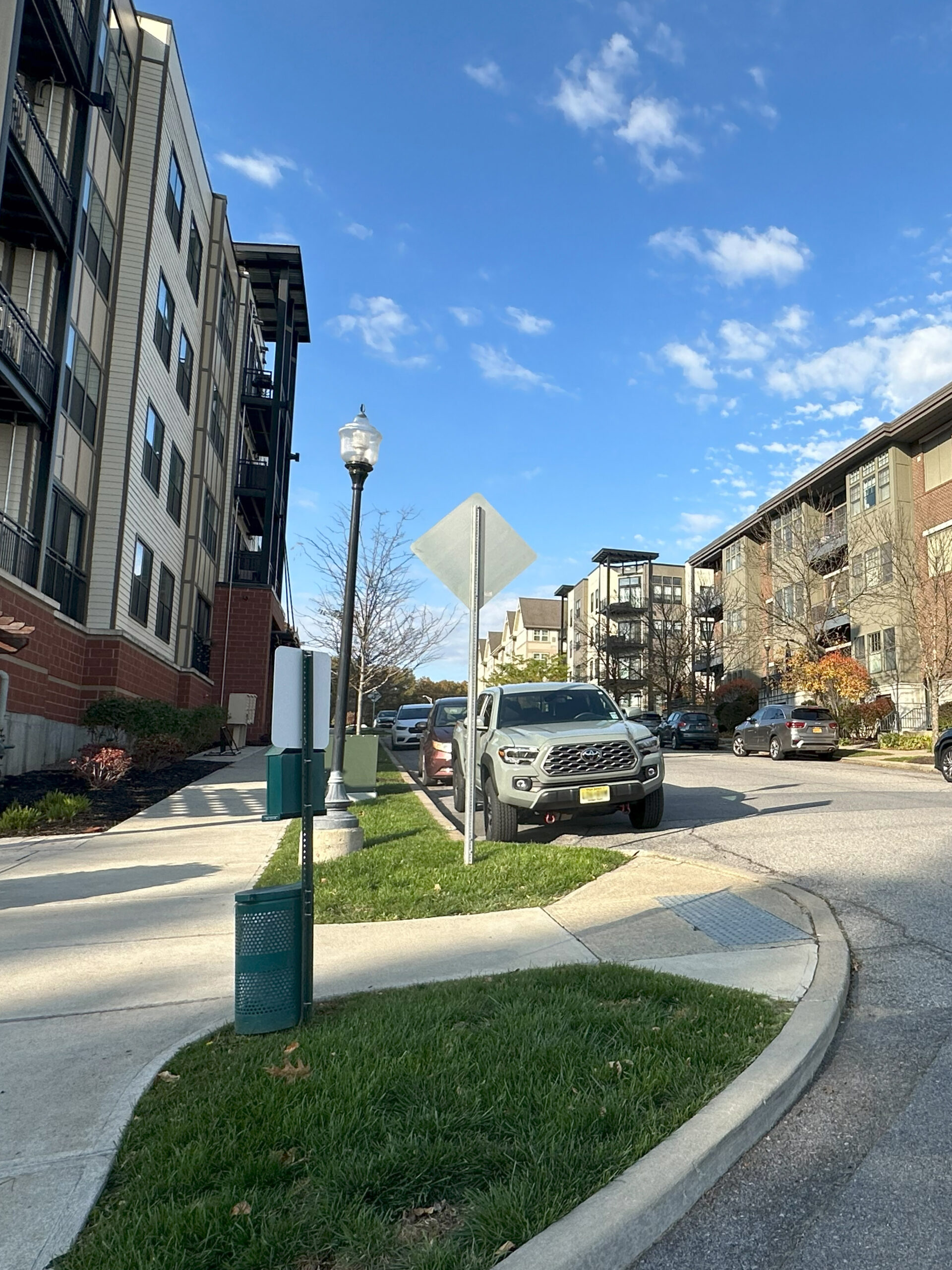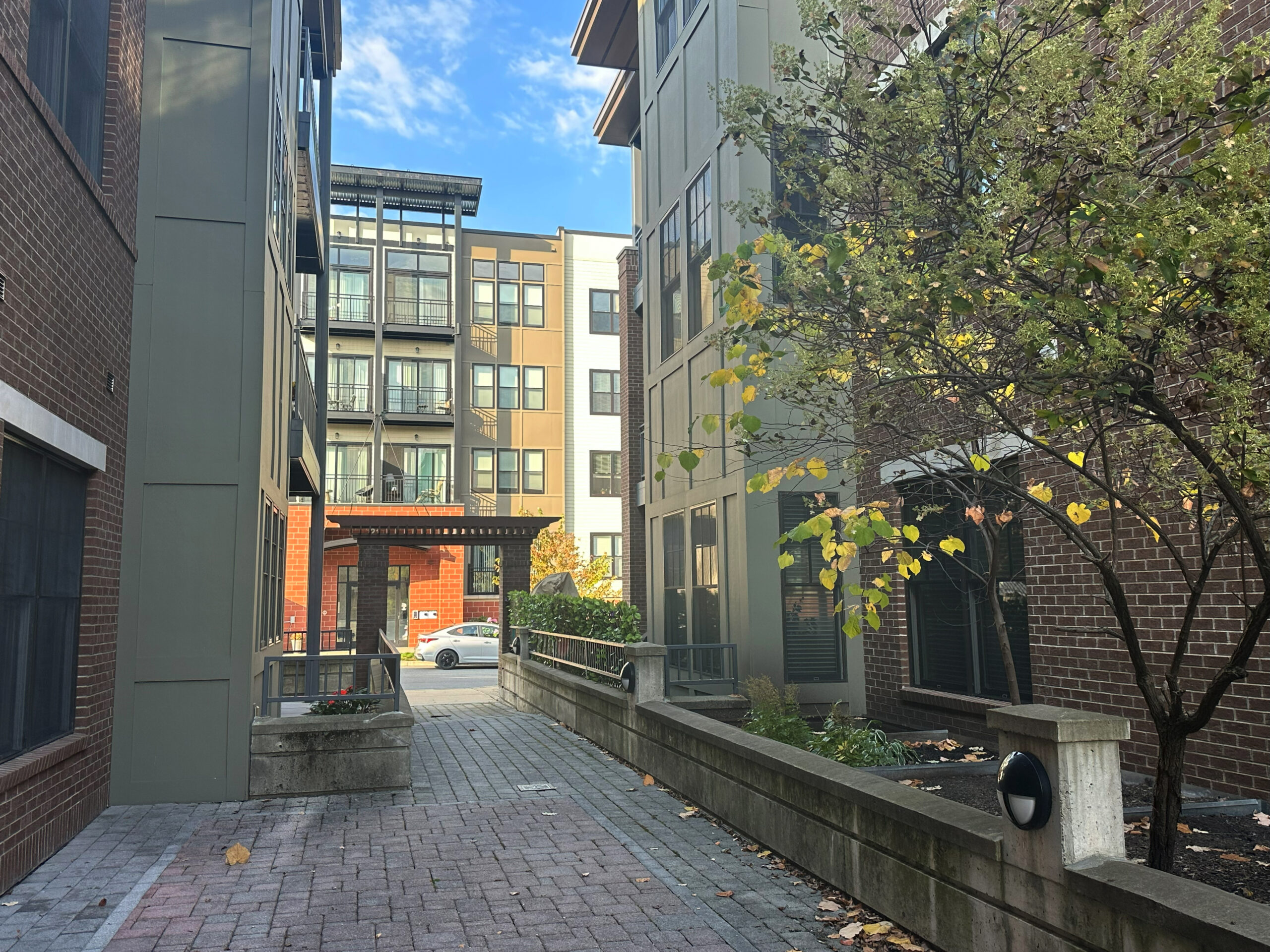Meeting Housing Needs in Fulton County:
A Guide for Investors & Developers
Fulton County’s recent Summary of Housing Demand Report revealed a housing market facing significant challenges. Among them, a pressing need for housing diversity stands out. Specific housing shortages, particularly professional and executive-level homes, alongside the demand for housing options for retirees and empty nesters, highlight these challenges. The statistics further underscore a lack of affordable and market-rate housing, impacting over 80% of renters in certain areas of the County. However, these very challenges present opportunities for investors and developers. By addressing housing inadequacies, they not only create economic vibrancy but also ensure a brighter and more inclusive future for Fulton County’s residents.
Shortages in Professional and Executive-Level Homes
One issue highlighted in the Report is the substantial shortage of professional and executive-level homes in Fulton County. The region’s economic growth and potential have attracted a workforce in need of upscale housing options. However, the existing supply falls significantly short of meeting this demand. This housing deficit not only poses a challenge but also presents a unique opportunity for investors and developers. By addressing the shortage of high-end homes, they can cater to the needs of a discerning and lucrative market segment.
Demand for Housing Options for Retirees and Empty Nesters
Another pressing concern illuminated by them Report is the growing demand for housing options tailored to retirees and empty nesters. These demographics seek residences that offer increased mobility and reduced maintenance demands, allowing them to enjoy their retirement years to the fullest. By providing housing options that cater to this market, developers can tap into a burgeoning market while contributing to the overall well-being of the County’s aging population.
Lack of Affordable and Market-Rate Housing
Perhaps one of the most urgent challenges is the critical shortage of affordable and market-rate housing. This housing deficit casts a broad shadow over Fulton County, impacting over 80% of renters in certain areas. Families, young professionals, and individuals alike face limited choices and soaring housing costs. The lack of affordable housing not only strains the finances of residents but also threatens the economic vibrancy of the County. Businesses may struggle to attract and retain employees in an environment where suitable and affordable housing options are scarce. Addressing this affordability crisis is essential to ensure the economic and social well-being of Fulton County’s diverse population.

Seizing Opportunities: Strategies for Investors and Developers
Recognizing the Demand for Diverse Housing Options
Perhaps one of the most urgent challenges is the critical shortage of affordable and market-rate housing. This housing deficit casts a broad shadow over Fulton County, impacting over 80% of renters in certain areas. Families, young professionals, and individuals alike face limited choices and soaring housing costs. The lack of affordable housing not only strains the finances of residents but also threatens the economic vibrancy of the County. Businesses may struggle to attract and retain employees in an environment where suitable and affordable housing options are scarce. Addressing this affordability crisis is essential to ensure the economic and social well-being of Fulton County’s diverse population.
The Role of Public-Private Partnerships
One effective strategy for investors and developers in Fulton County is to engage in public-private partnerships (PPPs). These collaborations bring together government entities and private sector stakeholders to address housing challenges collectively. The partnership model combines financial resources, knowledge, and efforts to develop affordable and market-rate housing. By actively participating in PPPs, investors and developers can access funding, regulatory support, and community engagement opportunities. Case studies from similar communities demonstrate how successful PPPs have spurred affordable housing development and revitalized neighborhoods.
Tax Incentives for Housing Development
Tax incentives play a crucial role in promoting housing development, particularly in areas facing shortages. Fulton County presents opportunities for investors and developers to leverage tax incentives effectively. Programs like Low-Income Housing Tax Credits (LIHTC) attract investors by offering tax benefits in exchange for their support in developing affordable housing units. Real-life examples from other regions, such as Austin and Minneapolis, showcase how LIHTC programs have stimulated the creation of thousands of affordable homes. By understanding and capitalizing on tax incentives, investors and developers not only contribute to addressing housing inadequacies but also make their projects financially appealing and responsive to the local community’s needs.

Mixed-Income Developments as a Solution
Fulton County’s housing market can greatly benefit from the implementation of mixed-income developments. These projects blend affordable and market-rate homes within a single community, fostering diverse and inclusive neighborhoods. Successful mixed-income developments in Chicago’s Roosevelt Square and San Francisco’s HOPE SF demonstrate how this approach improves affordability while enhancing neighborhood vibrancy. By incorporating mixed-income housing into their projects, investors and developers align with the County’s need for diverse housing options. These developments create communities where residents of varying income levels coexist, fostering a sense of inclusivity and strengthening social bonds.
Leveraging Local Initiatives
Investors exploring opportunities in Fulton County should also consider leveraging local housing initiatives. Housing trust funds, for instance, offer flexible funding sources tailored to the community’s specific needs. These funds can provide crucial support for housing projects aimed at addressing the county’s housing challenges. Additionally, streamlining zoning regulations and permitting processes can significantly reduce development costs and facilitate the creation of affordable housing. Success stories from communities with similar initiatives underscore their effectiveness in overcoming housing barriers. By actively engaging with and contributing to these local efforts, investors and developers can play a pivotal role in alleviating housing shortages and fostering a more equitable and vibrant Fulton County.

Support from FCIDA: Partnering for Success
If you’re an investor or developer ready to embark on a project to address Fulton County’s housing challenges, the Fulton County Industrial Development Agency (FCIDA) stands as a valuable partner in your endeavors. We offer a range of resources, including financial incentives and expertise, to support housing development initiatives that align with the county’s needs. Through strategic collaborations with FCIDA, investors and developers can access funding opportunities and receive guidance on navigating regulatory processes. FCIDA’s commitment to fostering economic growth and community development positions it as a key ally in shaping the future of housing in Fulton County. By working in tandem with FCIDA, investors and developers not only contribute to a thriving housing market but also actively participate in building a stronger, more inclusive community that benefits all of Fulton County’s residents.


